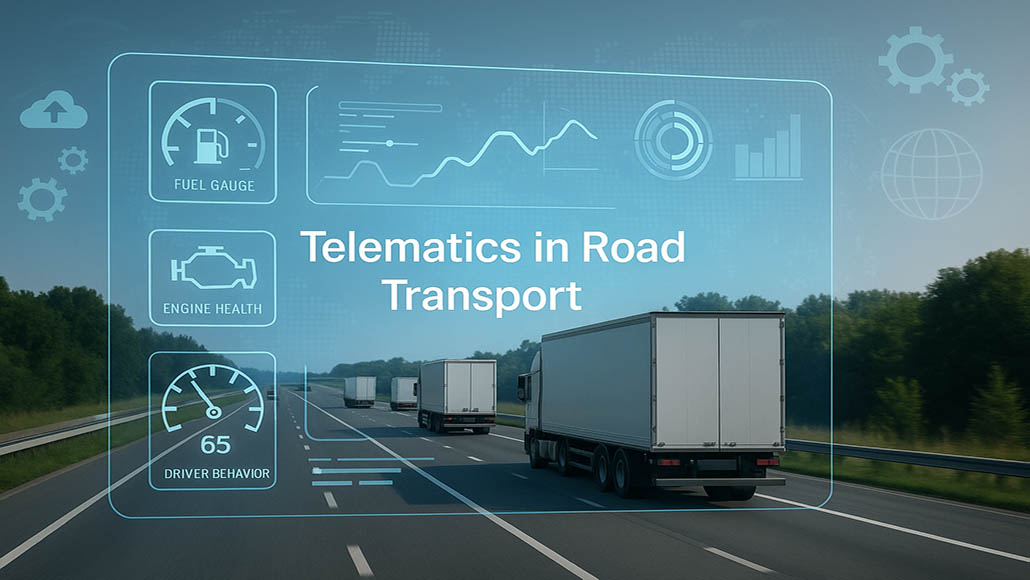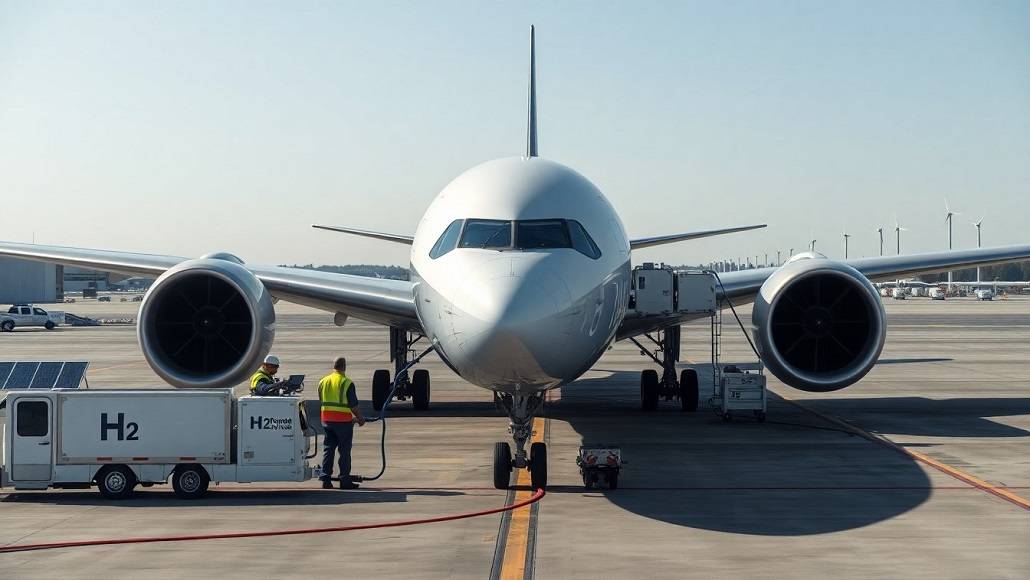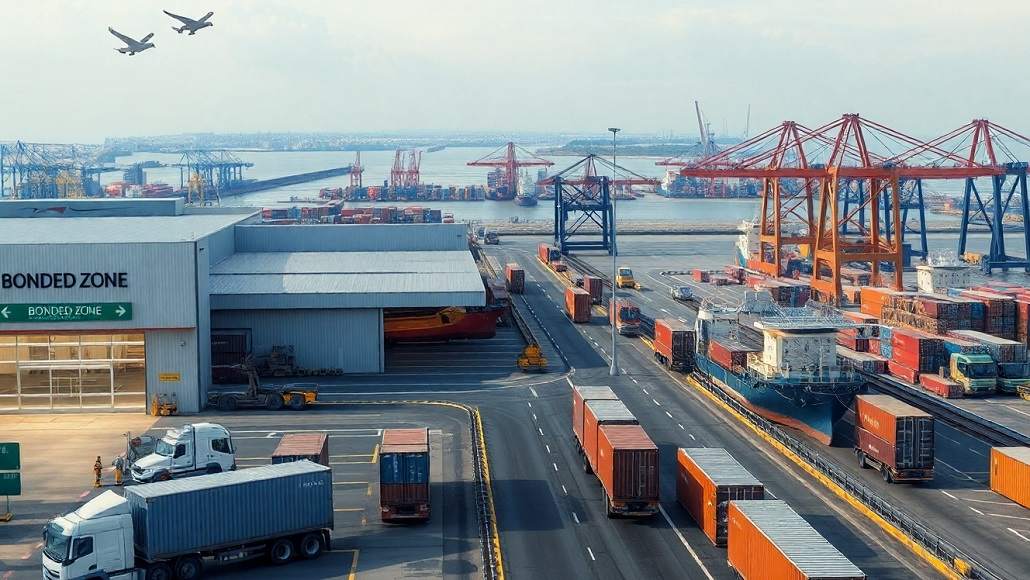Members of the European Parliament- MEPs happen to be split on how transport companies should go ahead and calculate their greenhouse gas emissions, thereby agreeing that there has to be a single formula for doing so.
Earlier, lawmakers went on to agree by 58 votes in favor as well as 19 against so as to approve a report that would go on to force the transport companies making claims on the emissions as far as their vehicles are concerned so as to adhere to a single formula, however, they remain at odds on how the formula has to be calculated.
Lawmakers in a transport as well as environment joint committee went on to support the draft rules that would witness the vehicle emissions levels account for the overall production process of the vehicle, and not just the emissions coming from the fuel tank.
Centre-right European People’s Party- EPP MEPs went ahead and claimed that omitting emissions that are caused by production as well as recycling of electric vehicles could go ahead and at the same time undermine European competition from non-electric vehicles.
Pascal Canfin- France/Renew MEP leading the file in parliament, said in a press statement that the new rules will go on to incentivize more transparency of GHG emissions in the transport sector and at the same time also help consumers in order to make informed choices.
However, his colleague Barbara Thaler, Austria/EPP, who is also leading the legislative file in parliament and is backed by many of the EPP lawmakers, insisted that the battery electric vehicles cannot be seen as zero-emission, thereby noting that the bill goes on to fail to account for emissions that are caused by production as well as recycling.
The so-called life-cycle assessment of electric vehicles would go on to account for impacts from raw material extraction to manufacturing, use, as well as disposal.
As per Thaler, the regulation still goes on to give an unfair advantage to battery electric vehicles that happen to be manufactured outside Europe. Without addressing the elephant in the room, the EPP can never support this regulation.
A parliamentary source went on to say that the materials for such cars happen to be sourced in a more environmentally friendly manner in the EU, thereby leading to lesser CO2 emissions.
The parliamentary source told Euronews that, on average, the cost of battery electric vehicles happens to be 40% higher in the EU than what is there in China. Turkey and the US also happen to have an unfair advantage over the same cars that are made in Europe.
But China and the US have gone on to advocate against the incorporation of methodologies to factor in GHGs emissions in production as well as recycling of battery electric vehicles, as proposed by the International Organization for Standardisation- ISO, the parliamentary source further added.
Ford Model e Europe’s general manager, Martin Sander, went on to question how reliable a life-time evaluation of CO2 emissions can be given the number of metrics involved, thereby adding that in any case he did not see any reason to fear an influx of cheaper imports.
He added that in the long run, and in common, one can see vehicles being produced where the market is, and that he does not see that this principle isn’t going to apply going forward when it comes to electric vehicles.
Freight policy manager, campaign group Transport & Environment, Edwin O’Connell, said that the commission should be given time so as to study the feasibility as well as options for accounting life-cycle evaluation emissions, rather than being forced to come up with a dysfunctional mechanism. He also urged the parliament to rapidly approve the report and enable its entry into force.
Interestingly, the draft rules amended by the transport and environment committees will go on to be voted on in an upcoming plenary session scheduled to take place in Strasbourg. Apparently, the legislative proposal is going to be taken up by the new parliament after the European elections that will take place between June 6 and 9.



























